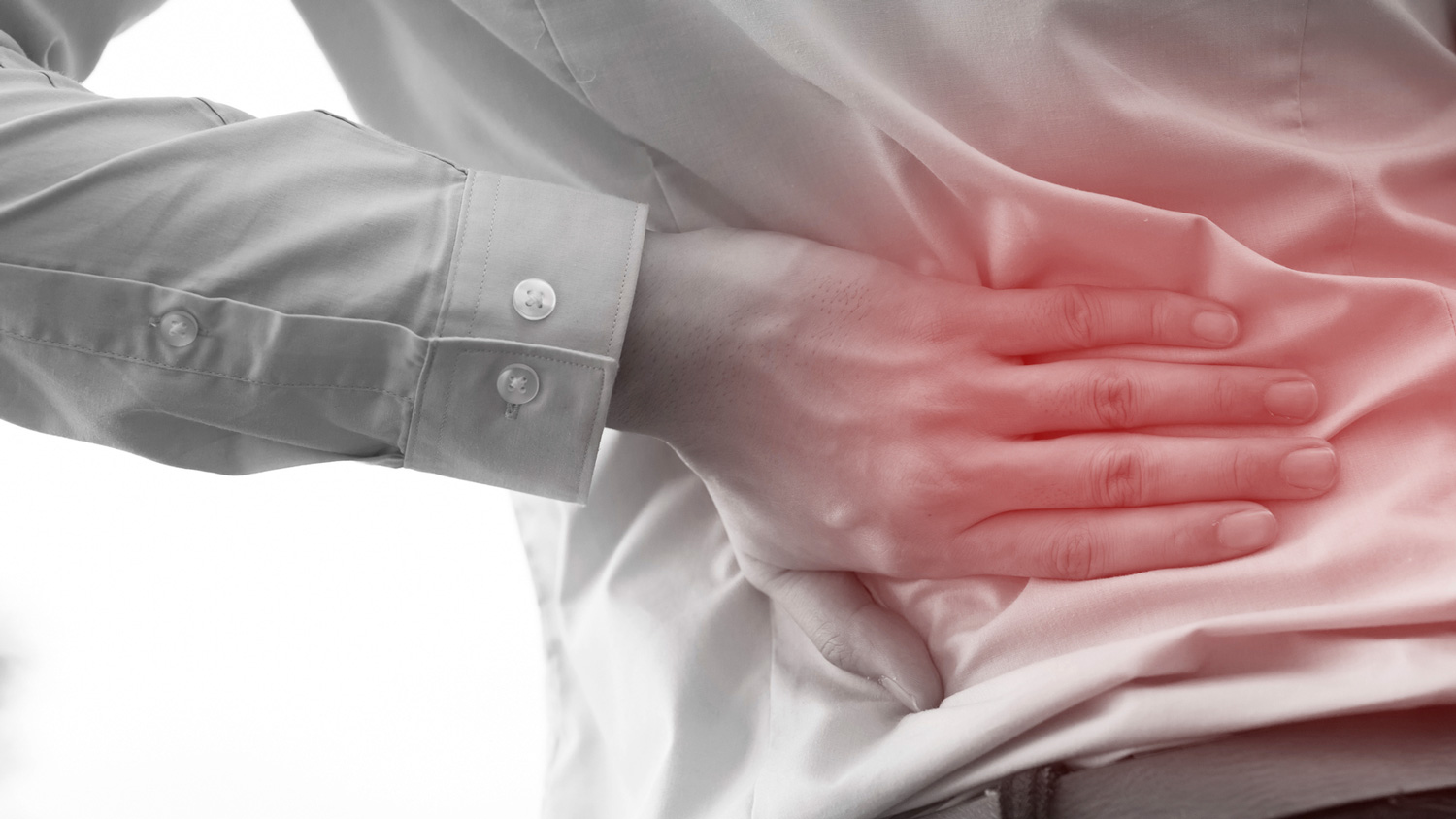
Work from home blamed for rise in long-term sickness
Mel Stride, the work and pensions secretary, has blamed the increase in the number of people registered as long-term sick on the rise of working from home. The government minister also said the impact of the pandemic on people's mental health had exacerbated the issue of long-term sickness, as had things like musculoskeletal disorders, commonly caused by bad posture – a potential side effect of working from unsuitable conditions at home.
According to the Office for National Statistics, the number of people out of work due to long-term sickness hit a record high of 2.5 million in July 2022, whilst May 2023 labour market research found this figure had grown by 438,000.
In response, IOSH's Head of Policy Ruth Wilkinson said:
“Good, well-managed work is vital for people’s health and wellbeing. For work to be ‘good’, it must be safe, healthy, supportive and accommodate people’s needs. Working from home can have many benefits for people, so simply labelling it as a factor behind increased long-term sickness is unhelpful, as the focus must be on the root cause of the long-term sickness if appropriate action is to be taken.
“For example, we should be seeking to ensure that working from home is managed properly, to prevent problems such as musculoskeletal disorders, isolation, long working hours, and so on. Businesses still have a duty of care to ensure the health and safety of their employees and that good risk management and assessment processes are in place, preventing harm and managing risks, just as they do in offices, factories and other workplaces.
“Considering mental health, risks can arise from poor work design, organisation and management as well as poor social context of work. Effective leadership, management of psychosocial risks, with a good culture, the right policies, and work environment, conditions and job design will all play a part in preventing harm and reducing risks to workers. If this is all in place, working from home can have significant benefits for individuals, including greater flexibility and work-life balance, something which can provide a positive return for a business.”
Musculoskeletal disorders (MSDs) include injuries and conditions that can affect the back, joints and limbs. Employers must protect workers from the risks of MSDs being caused or made worse by work. You:
- Can do things to prevent or minimise the risk of your workers (and others who may be affected by what they do) developing MSDs.
- Cannot prevent all MSDs, so early reporting of symptoms, proper treatment and suitable rehabilitation are essential.
There are risk factors causing MSDs in many types of work, so you should think about the risks of various tasks:
- Stretching, twisting and reaching.
- Repetitive work, particularly using the same hand or arm action.
- Carrying out a task for a long time.







